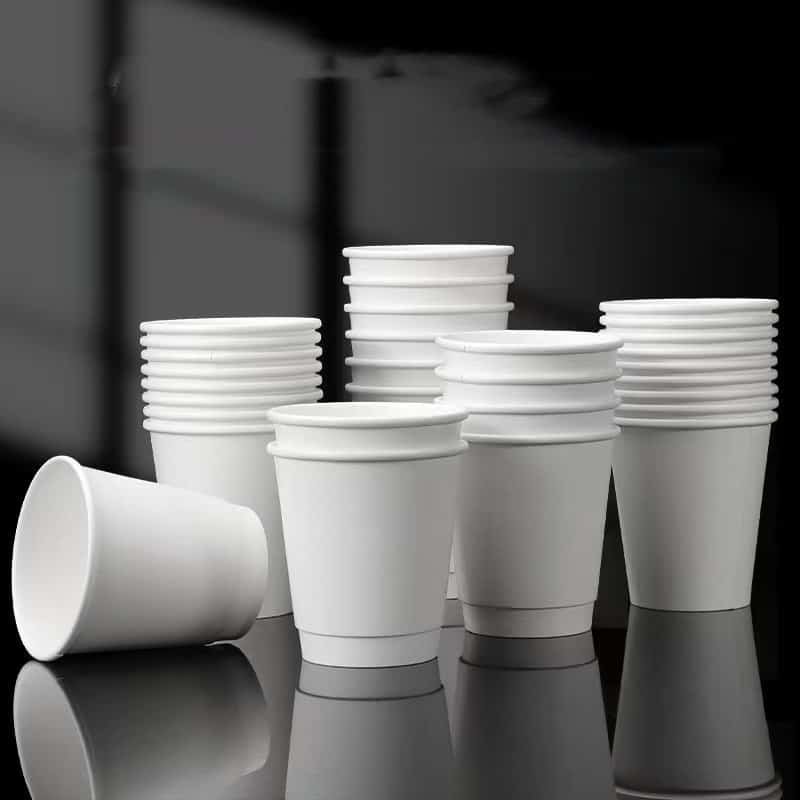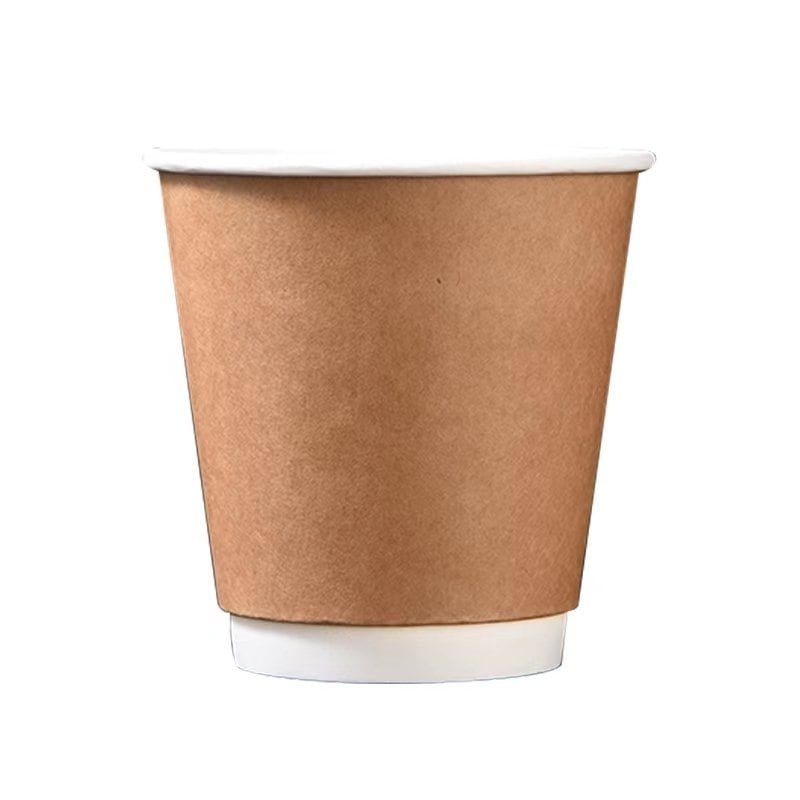Are you considering switching to biodegradable disposable cups for your business? As environmental concerns grow, more companies are looking for sustainable alternatives to traditional plastic cups. At HMZ Technology, we specialize in producing high-quality biodegradable cups that meet the needs of eco-conscious businesses. However, before making the switch, it’s essential to understand both the benefits and potential drawbacks of these eco-friendly options.
Biodegradable disposable cups offer significant environmental advantages but come with some considerations. They break down more quickly than plastic, reducing waste in landfills. However, factors like cost, availability, and performance under certain conditions can impact your decision.
But what are the specific pros and cons? Let’s explore these in more detail to help you make an informed choice for your business.

What Are the Benefits of Biodegradable Disposable Cups?
One of the primary advantages of biodegradable cups is their reduced environmental impact. Unlike plastic cups, which can take hundreds of years to decompose, biodegradable cups break down much faster. This helps reduce the burden on landfills and minimizes pollution, making them a more sustainable option for businesses looking to reduce their environmental footprint.
Another benefit is that biodegradable cups are often made from renewable resources, such as cornstarch, sugarcane, or paper. This means that their production has a lower carbon footprint compared to traditional plastic cups. At HMZ Technology, we are committed to using high-quality, renewable materials to produce our biodegradable cups.
Why should you consider this? Using biodegradable cups can enhance your brand’s sustainability image, attracting environmentally conscious customers and setting your business apart.
Are There Any Drawbacks to Using Biodegradable Cups?
While biodegradable cups have many advantages, they also come with some drawbacks. One of the main concerns is cost. Biodegradable cups are generally more expensive to produce than traditional plastic cups. This higher cost can affect your profit margins, especially if you’re operating on a tight budget.
Another potential issue is performance under certain conditions. Biodegradable cups are designed to break down in specific environments, such as industrial composting facilities. However, if they end up in a landfill, they may not decompose as effectively as intended. Additionally, these cups might not perform as well as plastic in terms of durability, particularly when holding hot or cold liquids for extended periods.
How does this impact your decision? Weighing the environmental benefits against the potential drawbacks is crucial for making the right choice for your business.

How Do Biodegradable Cups Compare to Traditional Plastic Cups?
When comparing biodegradable cups to traditional plastic cups, the environmental benefits are clear. Plastic cups are made from petroleum-based materials, which are not renewable and contribute to greenhouse gas emissions during production. Furthermore, plastic cups can persist in the environment for hundreds of years, causing significant harm to wildlife and ecosystems.
On the other hand, biodegradable cups offer a more sustainable alternative by decomposing more quickly and being made from renewable resources. However, as mentioned earlier, they can be more expensive and may not perform as well in some scenarios. At HMZ Technology, we strive to balance performance with sustainability, ensuring that our biodegradable cups meet high standards of quality.
Why does this comparison matter? Understanding the differences can help you make a more informed decision that aligns with your environmental and business goals.
Related Questions
Can biodegradable cups be composted at home?
While some biodegradable cups can be composted at home, most are designed for industrial composting facilities where the conditions are optimized for decomposition. It’s important to check the specific composting requirements of the cups you choose.
Are there any certifications to look for when choosing biodegradable cups?
Yes, look for certifications like BPI (Biodegradable Products Institute) or EN 13432, which indicate that the cups meet recognized standards for biodegradability and compostability.
Conclusion
Biodegradable disposable cups offer a more sustainable alternative to plastic, with significant environmental benefits such as reduced waste and the use of renewable resources. However, it’s essential to consider the potential drawbacks, including cost and performance, before making the switch. At HMZ Technology, we are committed to providing high-quality, eco-friendly packaging solutions that meet the needs of our clients while supporting a greener future.
Ready to explore biodegradable options for your business? Contact us today to learn more about our range of sustainable cups and how they can benefit your brand.
